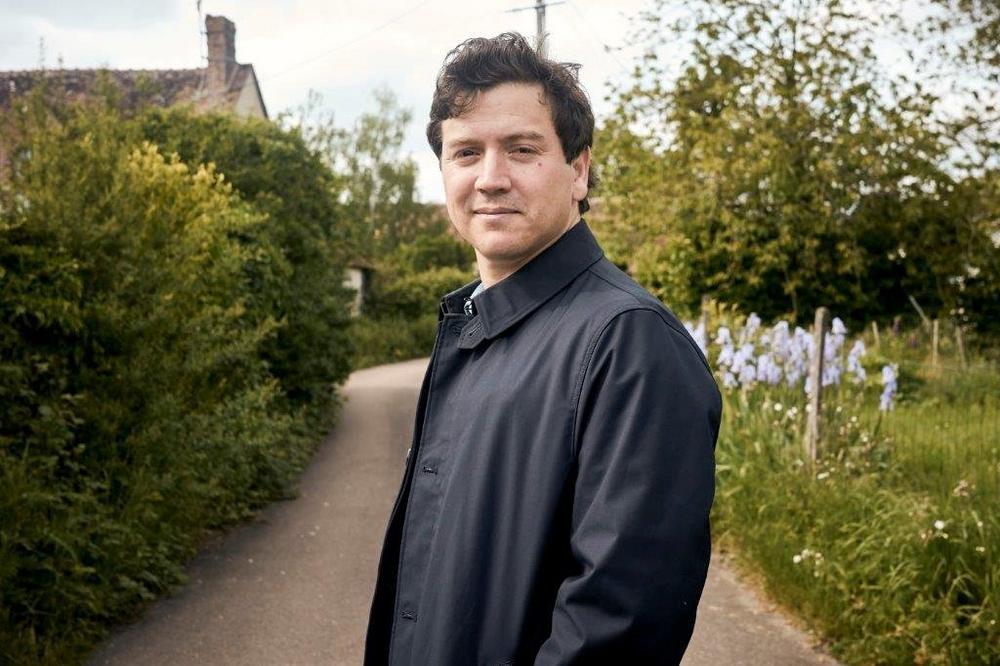-
How to win candidates with a good hiring process
A job interview is often primarily regarded as an opportunity for an employer to assess a candidate’s suitability for a role. For job seekers, it’s an opportunity to impress hiring managers. But at the same time, they will use it to assess the role and company concerned. It will strongly influence their opinion about your company. Put simply, a poor interview experience can lead to your ideal candidate turning down a job offer. A perfect match isn’t the only goal of an interview We explored aspects of the hiring process and how they determine a candidate’s decision to accept a job offer. We highlighted common job seeker preferences and identified…
-
High salary of newcomers leads to internal frustration in the workplace.
Equality in the remuneration of members of the same team seems to be an inescapable rule for establishing or restoring a calm working climate. Talent shortages continue to prevail in many sectors. Employers often need to dig deep to convince new staff to choose them. To attract talent, companies increasingly tend to inflate entry salaries, when they can afford to do so. As a result, employees who have sometimes been employed for years find out that new colleagues – due to the tight labour market – sometimes earn as much as them. "That causes tensions among employees. Once more senior professionals discover this, they soon feel undervalued, or feel that the employer…
-
60% of Swiss professionals suffer from workplace related stress – over half feel employers aren’t doing enough
62% don’t think employers are doing enough to help combat it 46% of professionals say it is down to line managers to manage workplace stress, followed by senior leaders & HR (29%) 58% of professionals identify their company’s output as high, 29% note that it is low quality Three in five employees have stated that their mental health has declined this year as a result of workplace stress. Despite Swiss employers spending millions on wellness initiatives every year – increasing their spend by 20% since the pandemic – 62% of professionals still think that their employer is not doing enough to combat stress in the workplace. Professionals at risk…
-
Waiting for ‘the one’ costs Swiss companies between CHF 120K and 150k – claims recruitment firm
Two thirds of hiring managers in Switzerland have admitted to passing up on ‘good quality candidates’ because their company is waiting for ‘the one.’ The ‘unicorn candidate’ – dubbed by specialist recruitment firm Robert Walters – is the phenomenon where employers create an idealistic (and often unrealistic) image of who they would like to hire, and in the process miss out on candidates who display strong potential of becoming a ‘unicorn’ within the business. Two thirds of hiring managers claim that they have spent over six months recruiting for a role, because the company cannot see the potential displayed by candidates who sit outside of the ‘unicorn’ criteria – costing…
-
63% of professionals admit to ‘rage-applying’ to new role – amidst peak frustration with employees
Two-thirds of white-collar professionals (63 %) have admitted to ‘rage applying’ to a new job since the beginning of the year – with a toxic workplace culture (56%) being the primary motivating factor. The trend – which saw a spike after the New Year appraisals – occurs when professionals retaliate to a bad day at work by firing out multiple applications to new job roles. Of those who admitted to rage applying in the past six months, almost half (48 %) stated that they had applied to multiple new roles within a short space of time. The findings come from a recent poll by staffing firm Robert Walters, of nearly…
-
How a lack of reactivity from companies can harm their hiring process. Companies with slow hiring processes could lose top Swiss talent.
Research from specialist recruitment company Robert Walters Switzerland highlights that over half of Swiss candidates become deterred from positions by slow hiring processes. 51% of Swiss professionals indicated that they would lose interest in a job opening when the hiring process is longer than four weeks. Charlotte Jacobs, head of the legal recruitment division for Robert Walters Switzerland, reveals how companies can optimize their hiring timeline and process. When does a hiring process become too long and why does it have such a detrimental effect? Charlotte: “As we always say, “time kills deals.” Fast-moving, dynamic and responsive companies are much more attractive to top talent. If a company leaves the…





